Redefining Boundaries: How Oregon Ethnic Studies Advisory Group Skirted Evidence and Law
This is the third in a series of of articles unveiling the fraudulent research & reporting practices by the Oregon Department of Education
If you’ve read the previous two “fact-checks” of official reports published by the Oregon Department of Education (ODE), “Equitable Graduation Outcomes” and “Chronic Absenteeism”, you likely saw ODE’s pattern of misrepresenting research and fabricating evidence. I promise you this third report will be something truly unique!
This “fact-check” involves House Bill 2845 (2017) and the tasks and deliverables it required ODE to complete. The requests of ODE from HB2845 can be summarized by these three outcomes:
ODE will form an advisory group from specific ethnic and social minorities to review current social studies standards.
The advisory group will pinpoint gaps in recognition of minority histories/contributions and design new ethnic studies standards to enhance cultural understanding and critical thinking.
Upon receiving the advisory group's report, ODE will integrate the proposed standards into the K-12 social studies standards by forming a statewide teacher workgroup that will use the advisory report as their primary guide.
Key Findings in this “Fact-Check”
Rather than keep you waiting, let’s jump right to the two key findings from my comprehensive analysis of the report and other relevant documents:
The advisory group’s first action was to break the law, which drastically altered the direction of the work to follow for all involved
Neither the Advisory Group nor ODE’s teacher workgroup cited a single shred of research or other evidence in any of their official reports or working documents
Two relatively tiny teams, comprised primarily of progressive activists, were able to produce the most radical social studies standards in the United States, and the Oregon State Board of Education promptly voted to approve them for immediate use by all 197 school districts in the state. No evidence? No problem!
Finding #1: Redefined the Law’s Definition of “Ethnic studies” to Align with their Goals
Clearly this advisory group felt they had the authority, nay, RESPONSIBILITY to “fix” this newly signed law before they began their work. The image below is from the top of page 11 in the Ethnic Studies Advisory Group’s final report to ODE. The definition in green is the text from the law, which even they acknowledged is where they got it. The section in yellow is their “new definition” of the term, which they then used throughout the nearly two years they met to create and deliver their report and recommendations.
Why are some terms defined in law and others aren’t?
In Oregon, as in many other jurisdictions, laws often provide definitions of terms to ensure clarity, precision, and consistency in their application. Here are some reasons why definitions are crucial in legal texts:
Clarity: Laws are written to regulate or guide behavior, and if there's any ambiguity about what specific words or phrases mean, this can lead to confusion about how the law should be applied. By defining terms, the law provides clear guidance to the public, legal professionals, and judges.
Uniformity: Different words might be interpreted differently by different people. By providing definitions, the law ensures that everyone interprets the terms in the same way.
Avoiding Misinterpretation: Without clear definitions, terms in laws could be taken out of context or misinterpreted, which could lead to unintended consequences or misuse of the law.
Reflecting Specific Intent: Sometimes, legal terms might have a common or general meaning but are intended to be understood in a specific way in the context of a particular law. Definitions ensure that the specific intent of the legislature is captured and followed.
Consistency Across Laws: Definitions can help maintain consistency across different laws and regulations, especially if the same terms appear in multiple laws. By having a standard definition, it becomes easier to apply multiple laws in cases where they intersect.
Facilitating Judicial Review: Courts often need to interpret and apply laws. By providing clear definitions, the legislature can assist courts in understanding and applying the law as intended.
So is this illegal? Is it ethical? Is this what the legislature intended when they wrote, amended, and ultimately voted to pass the bill?
Again in Oregon, as in other jurisdictions, you cannot unilaterally "redefine" the definition of a key term expressed in legislation for legal purposes. Here's what this means:
Legal Force: Only the Oregon Legislative Assembly (or voters, in the case of ballot initiatives) has the power to enact, modify, or repeal statutes. If a definition is provided in a statute, that definition is legally binding. A private individual, company, or local authority cannot alter that definition and expect it to have legal force.
Personal or Organizational Use: While you can't change a legal definition for legal purposes, people and organizations might use terms differently in informal or internal contexts. However, these personal or organizational definitions would have no bearing on how the term is interpreted in the context of the statute.
Potential for Legal Consequences: Attempting to use a different definition for a legally defined term, especially in legal documents or in contexts where the statutory definition is supposed to apply, can result in legal consequences. For instance, if a business tried to operate based on its own definition of a term that's differently defined in Oregon law, it could face legal challenges or penalties.
Judicial Interpretation: While private entities can't redefine statutory terms, courts sometimes interpret or clarify the meaning of terms in statutes. This is not the same as redefining; rather, it's a process of understanding the term in the context of the statute, legislative intent, and previous case law.
Ambiguous Terms: In cases where a term is not clearly defined in the statute or its definition is open to multiple interpretations, courts might have to interpret its meaning. This is one of the reasons why clear definitions in legislation are important.
If a person or group is considering using a term differently than it's defined in Oregon law, or if they’re involved in an activity where the definitions of terms are crucial, they should consult with an attorney to understand the legal implications and potential risks.
There is no evidence the advisory group or anyone from ODE contacted an attorney or the legislature before unilaterally redefining “Ethnic studies”, the most critical term for this entire effort. However, there is very clear evidence on page 11 of their report that they were aware of the how the law defined the term.
Finding #2: No research or evidence provided to support their work
I promise this section will be a lot shorter than the last. It’s actually very simple: there wasn’t a single citation to research or other evidence to support their radical definition of “Ethnic studies”, their use of Critical Theory principles throughout the report and their recommendations, and the age-appropriateness of the resulting standards.
The image above shows a comparison between the current 2018 Social Sciences Standards and the new/optional 2021 standards for kindergarten. I believe this demonstrates how ODE went far beyond what the law compelled them to do. I’ve also spoken with multiple Kindergarten teachers in Oregon whose districts have adopted these optional 2021 standards as well as new curriculum. Every single one of them has said the same thing: this is not even close to age-appropriate content for 5 year olds.
Unfortunately, the group intended to provide oversight in this situation, Oregon’s State Board of Education, failed to ensure these standards met the requirements in the law. I hope the exposure of the past board’s failure will be seen as an opportunity by them to do the right thing and recall/reject the 2021 standards until the process can be done correctly.
The remainder of the article will provide more information on what drove the legislature to pass this law, the new standards that were created by ODE as well as more background information on the group’s involved in this work.
What did the Legislature Expect this Law to Accomplish?
The best way to understand what the legislature had in mind when they passed this law is to hear it from their own mouths. The video included above is just one of the work sessions in the legislature where these discussed HB2845, and I included it because there’s some really good discussion by senators and representatives about why this bill was important to them and their constituents, and what they expected to come from it. The work session on HB2845 begins at the 37:25 (mm:ss) mark, and runs for 22+ minutes.
What was interesting to me was hearing how several legislators expressed concerns about ODE failing to follow through on past legislation on this topic. You could hear the passion and frustration in their voices as they were once again asking for education that includes “histories, contributions and perspectives of ethnic minorities and social minorities.”
I agree with the definitions these legislators wrote in HB2845, and I do believe in the value of teaching about other ethnicities and cultures, both past and present. I think there are some parts of this bill that could have been adjusted to ensure it didn’t go so far off the rails, but for the most part I support it. So if you have the time, I would recommend watching that video to better understand what direction the legislature was trying to go in when they developed this new law.
The Ethnic Studies Advisory Group
After HB2845 was signed into law on June 29 2017, ODE kicked off the process by selecting Kendra Hughes as the Ethnic Studies Advisory Group Facilitator. One can only assume she was selected for her extensive experience in Educational Equity, Culturally Responsive Pedagogy, and Social Justice, as that ultimately was ODE’s direction for the work they were about to perform.
The attention then turned to working with the various groups specified in HB2845 to obtain their representatives for this project. The image below shows how the law defined those key terms mentioned earlier as well as which groups would have representation.
While not a key focus of this report, you may be curious who participated in the advisory group, who they represented, and their backgrounds to engage in this type of work.
In the Ethnic Studies Recommendations Final Report you will find:
Page 7 lists each group and the representative(s) they provided
Page 8 includes reference to a 2nd ODE employee, Amit Kobrowski, and six other people who were invited to participate in the work
This Google Drive folder has LinkedIn profiles and a summary background list for all advisory group members
I realize this will seem like a very subjective statement, but it’s hard to ignore how polarized this group was. Many were open about their Social Justice activism, and in some cases were known for pushing radical, unproven theories into public education. It’s hard to ignore the irony when reading their notes and recommendations about bias, yet they too allowed their biases to drastically alter the direction of the work they were called to do.
Exploring the New, Optional 2021 Social Sciences Standards
ODE completed their work in response to HB2845 back in early 2021. This culminated in the State Board of Education voting to approve the new standards on February 18th, 2021. ODE’s March 2021 Social Science Newsletter led off by announcing new standards and offering resources districts could start using immediately.
For those interested in seeing what ODE changed in the new standards and getting more information about the standards in general, I recommend exploring these resources below:
Oregon Social Sciences Standards - 2021 Changes
I created this online presentation to highlight exactly what changed in the K-12 standards based on ODE’s fraudulent work in response to HB2845
This is a good starting point to quickly see, by grade level, what changed between the current 2018 and new 2021 standards
ODE Standards - Social Sciences
ODE’s official site for information on all things related to the Social Sciences standards
You can access the current 2018 standards and the new, optional 2021 standards produced in response to HB2845
The Ethnic Studies - Frequently Asked Questions is worth reading as well, as it explained what little support there is for districts adopting the new standards and the potential risks in doing so
Conclusion
This is the third, and certainly not the last, report I will be fact-checking. This is difficult, time-consuming work but I believe it is worth every moment. There are over 500,000 children in Oregon’s public K-12 schools, including my two kids. We’ve all been lied to, and it’s created an overwhelming amount of anxiety, anger, and divisiveness in communities across the state.
Our children deserve better. Parents and guardians didn’t register their kids to be part of an EXPERIMENT. We signed up our kids for an EDUCATION. While it may seem everything nowadays is a “political” topic, education shouldn’t be. The truth is not political either, and I hope by now you are beginning to recognize the source of the decline in our public education system: Oregon’s Department of Education.
I encourage folks to reach out to their state senator and representative to ask what they are going to do to address the fraud at ODE. If you aren’t sure who they are or how to reach them, you can use this page to search by your address. You can also view the full list of State Senators and State Representatives, both of which have all of their contact information.
Thank you for reading this, and please pass it along to others! -Jeff (aka @PapaBearMyers)


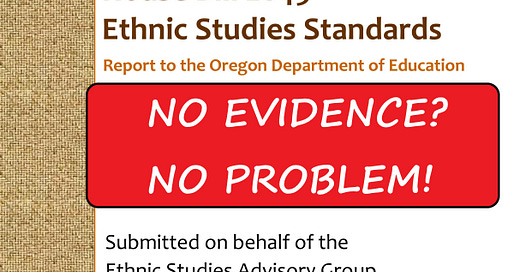


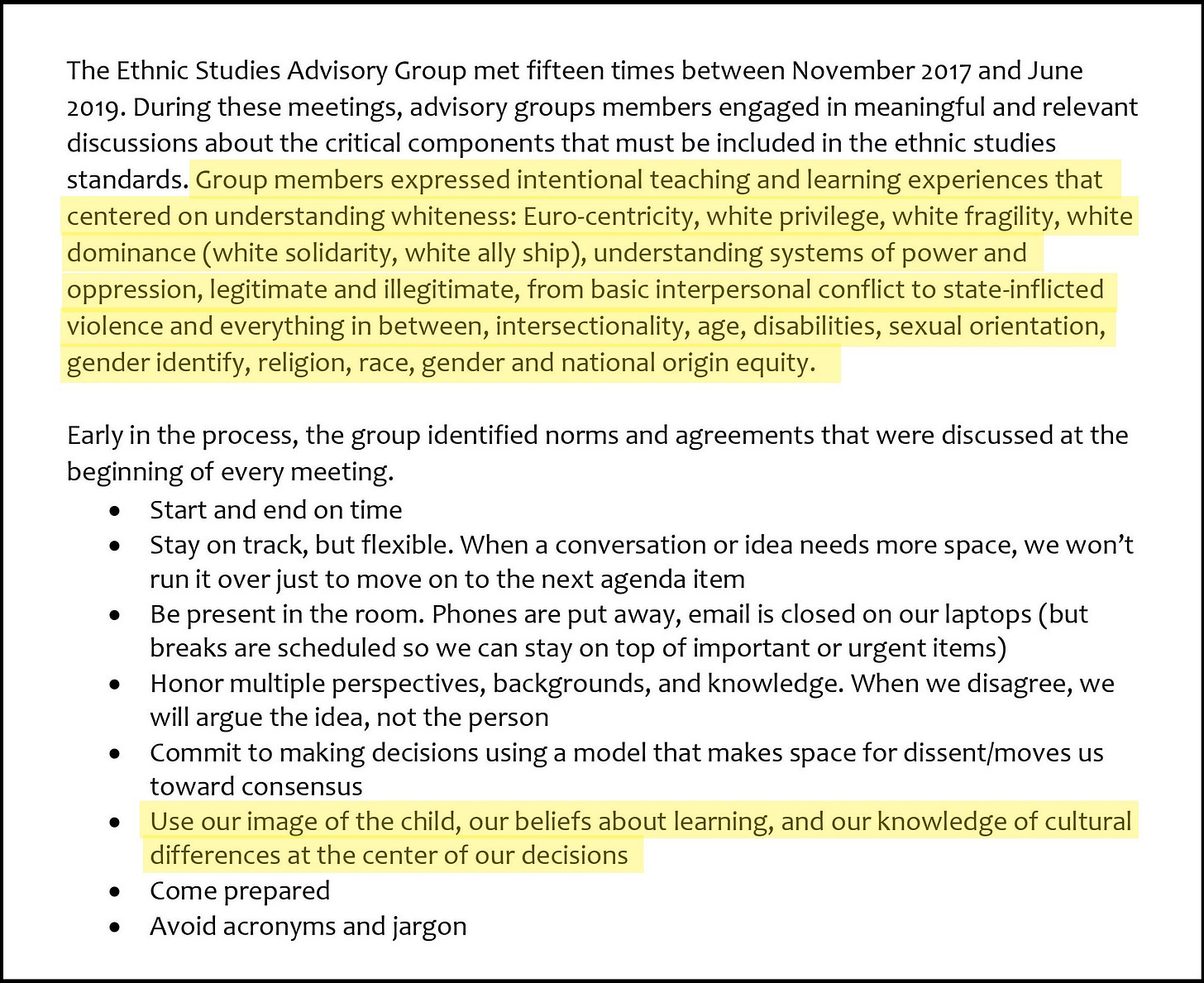
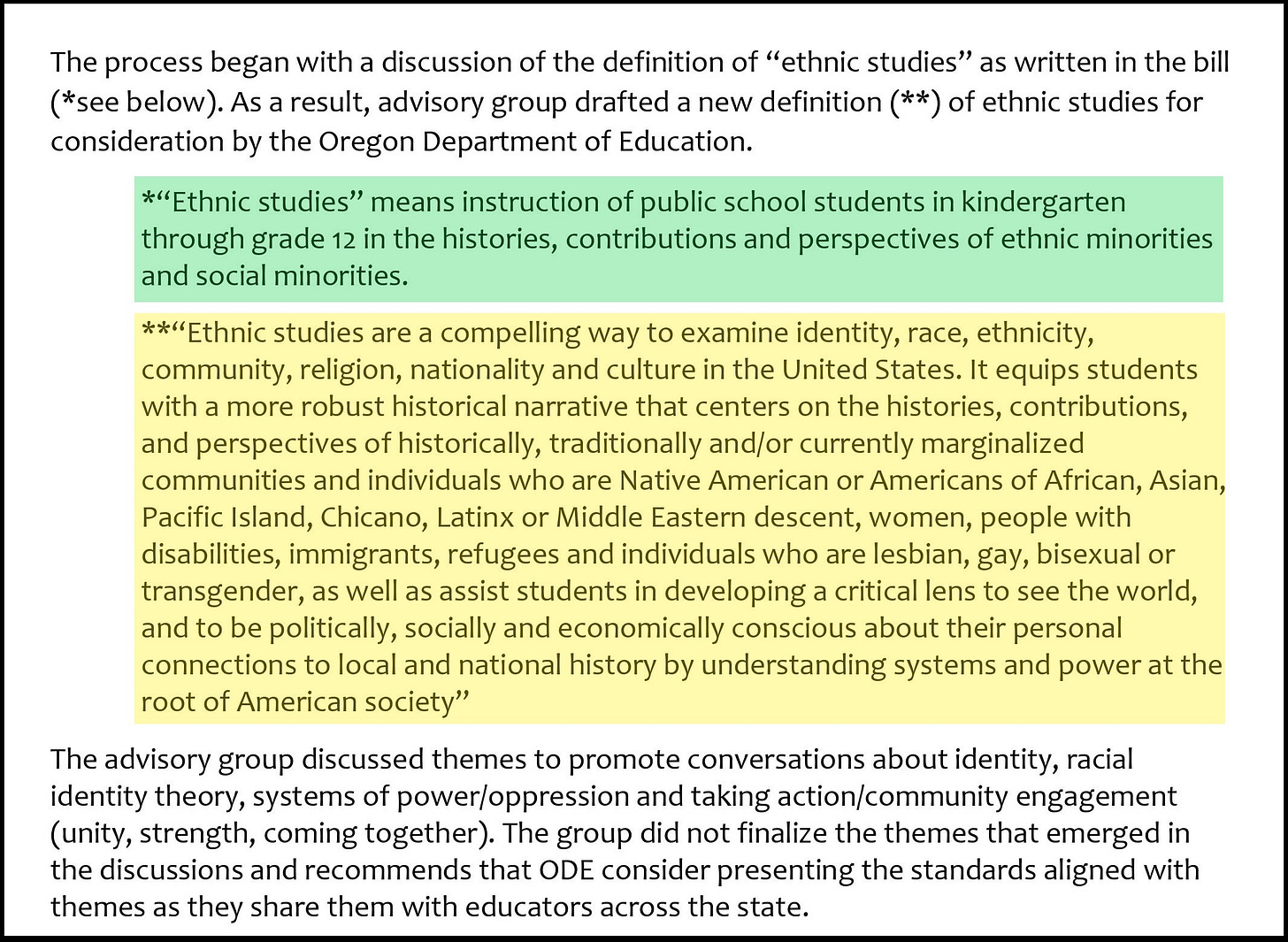
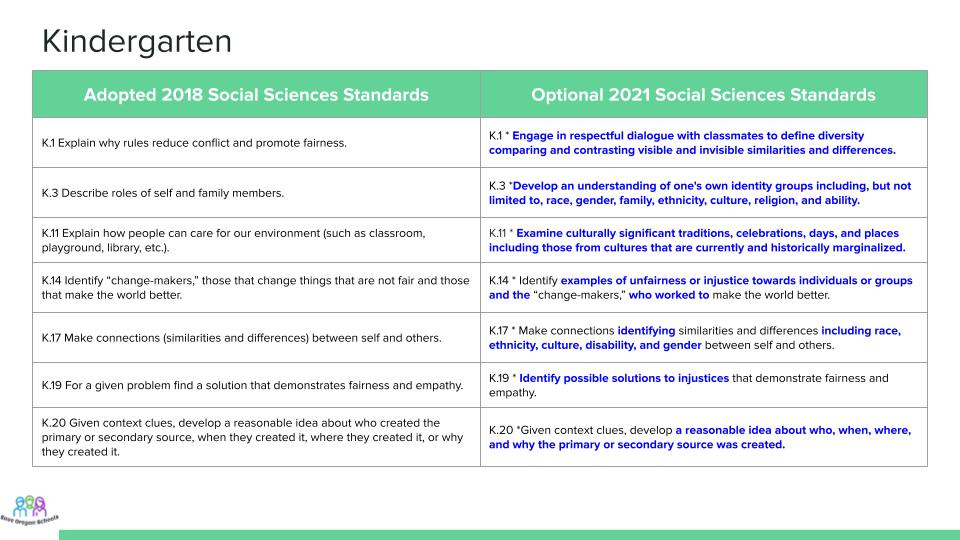
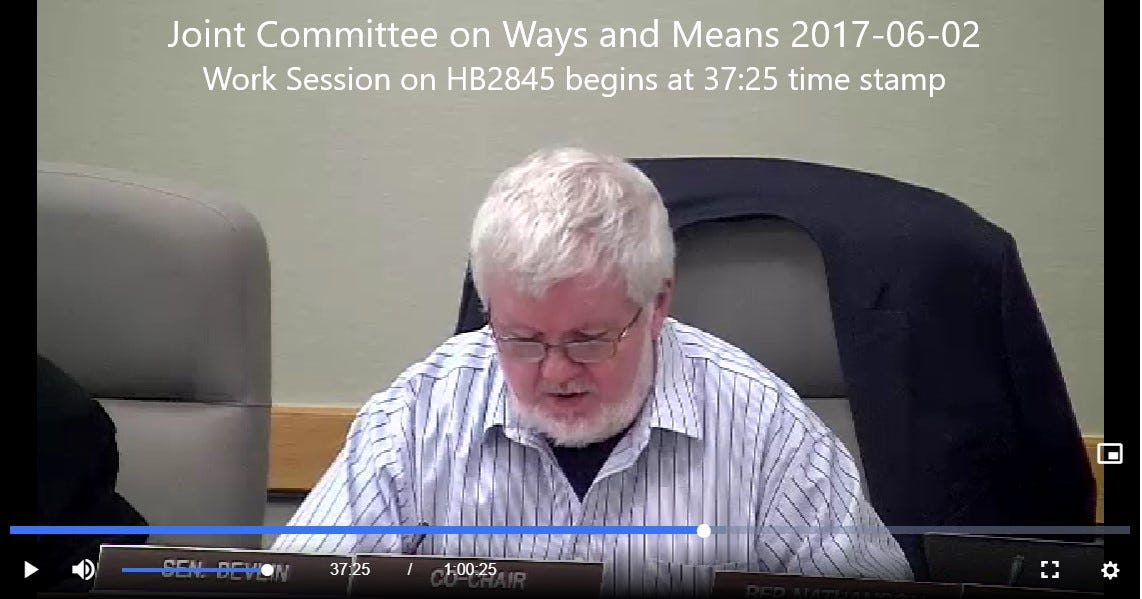
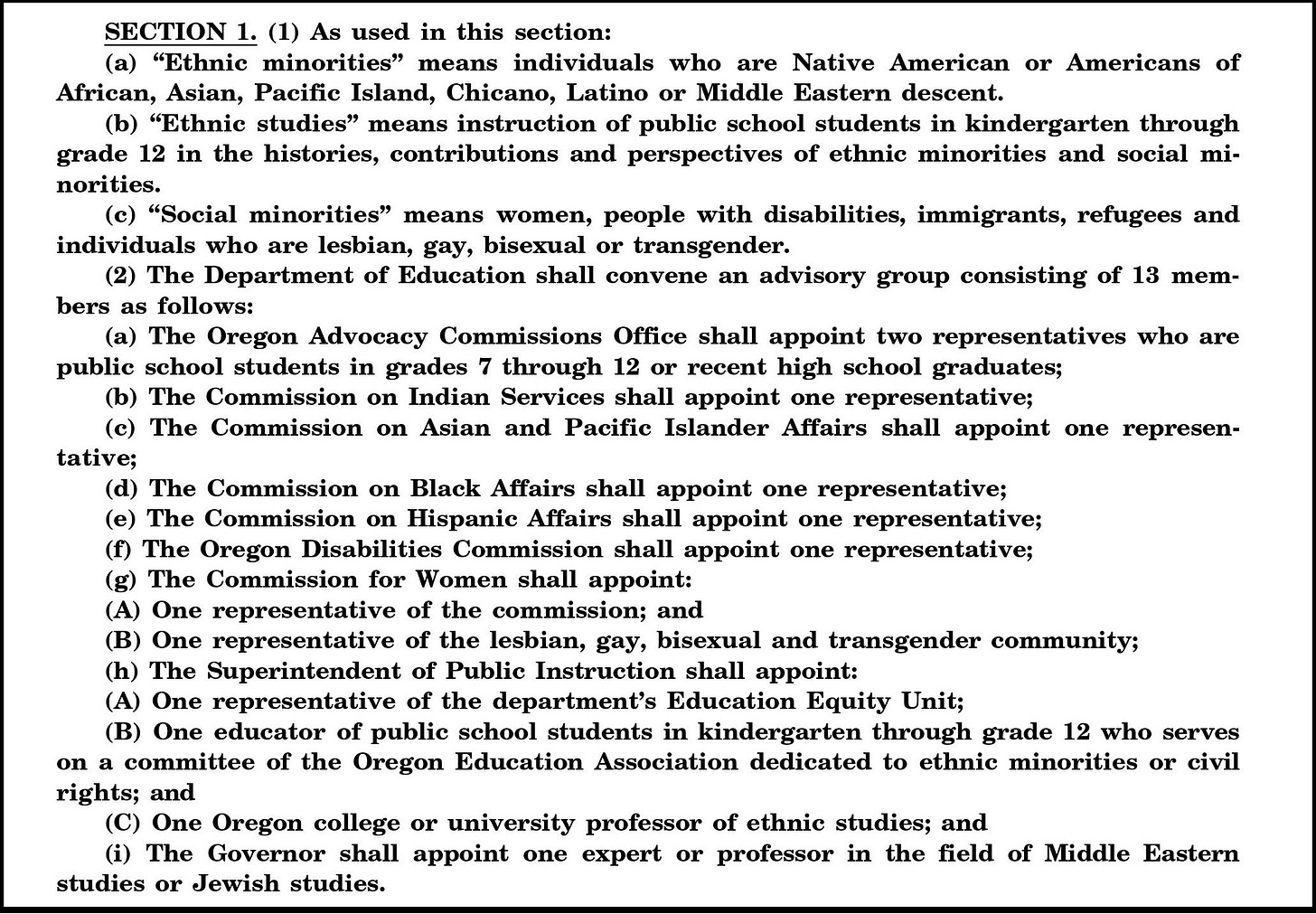
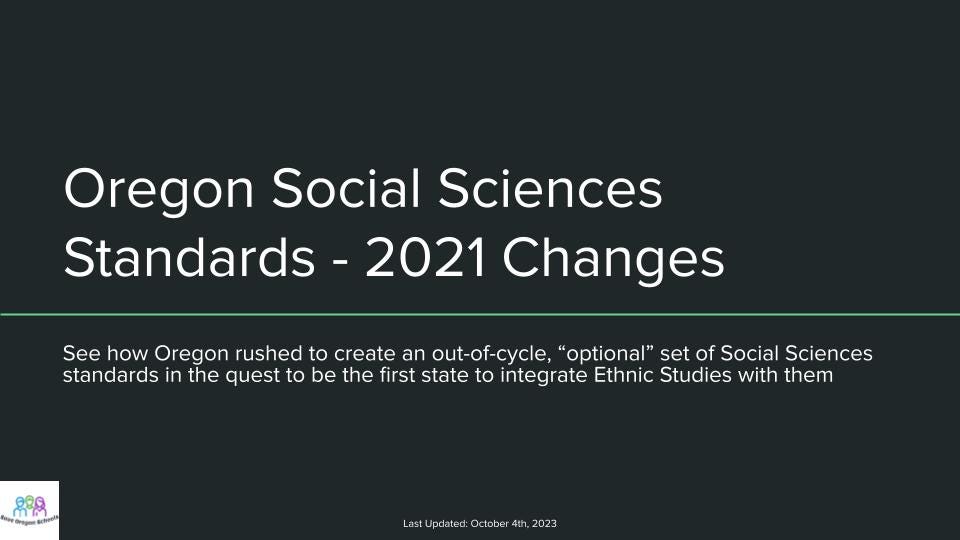
Is Save Oregon Schools prepared to sue the appropriate agencies and individuals over the violations and irregularities it has documented?
Given how entrenched wokeism is in the leadership of the Oregon Department of Education, it seems unlikely that Save Oregon Schools' findings would be welcome there, much less acted on.